Discover The Weekly Take from CBRE
The Weekly Take from CBRE

The Weekly Take from CBRE
Author: CBRE
Subscribed: 208Played: 9,138Subscribe
Share
© CBRE
Description
What matters most right now in Commercial Real Estate. Business leaders join economic, industry and subject matter experts to share their distinct views and latest thinking. The Weekly Take is hosted by Spencer Levy, CBRE’s Senior Economic Advisor and Global Client Strategist. More at cbre.com/TheWeeklyTake
281 Episodes
Reverse
CBRE Global Head of Research Henry Chin sizes up Q3 investment activity, which was stronger than anticipated, and reveals which asset classes are best positioned for Q4 and 2026.Key Takeaways on Commercial Real Estate Investment Trends U.S. real estate is entering a prime investment window as repricing and improving fundamentals create opportunity.Retail and office sectors are attractive plays, as rents bottom out and occupier demand increases.Investors should explore value-add strategies and secondary assets. Demand should spillover as vacancy in top-tier space continues to shrink and future supply in office and retail remains constrained. Alternative assets are evolving from niche to institutional, but investors should remain disciplined about entry pricing and mindful of the needed operational expertise.With volumes poised for double-digit growth in 2026 amid a durable market recovery, investors can benefit from early positioning and data-driven conviction.
Author Jean Twenge, Ph.D., explains the implications of four different generations working together. As Gen Zers increasingly join millennials, Gen Xers and a shrinking cohort of baby boomers in the workforce, their varying needs, attitudes and aptitudes are driving workplace changes.· Generational shifts are reshaping the workplace: Organizations are navigating the most pronounced generational transition in decades, with differing expectations around leadership styles, collaboration and work-life harmony.· Delayed life milestones impact real estate demand: Trends like marrying later in life, postponing homeownership and having fewer children are catalyzing demand for adaptable, amenity-rich properties.· Technology is a key driver of generational change: From smartphones to social media, tech has fundamentally altered how each generation communicates, works and interacts—creating both opportunities and challenges for office culture and productivity.· Hybrid work reflects generational preferences: The way different generations value in-person collaboration, flexibility and autonomy gives hybrid work models staying power.· Empathy is essential for cross-generational leadership: Understanding the distinct values and experiences of each generation, and applying that knowledge in how you communicate and set policy, can build stronger connections with colleagues.
Author Sam Conniff argues that the boldest leaders don’t play it safe—they have a strategy for rewriting the rules. This episode explores how pirate-inspired thinking and resolute action can help executives navigate uncertainty, unlock innovation and lead with courage amid change.· Leaders who embrace change as a strategic advantage can outperform peers.· Championing shared values, self-governance and rule-breaking offers a provocative framework for rethinking organizational culture.· Emotional intelligence can be a critical competency for business executives.· Prioritizing the short-term over the long-term can cost organizations capital and credibility.· Leaders should challenge industry “settled” truths to unlock workplace innovation.
This week we shine a light on REITs in the U.K. Two London-based experts discuss what’s driving deal flow, investment strategies and long-term returns, especially in logistics, retail and hospitality.· Triple-net REITs in the U.K. offer predictable income and resilience through market cycles.· Urban logistics and convenience retail are leading sectors, driven by consumer behavior and e-commerce demand.· Sub–£20-million lot sizes are drawing interest from family offices and regional investors focused on low-debt, high-efficiency deals.· M&A is accelerating REIT scale and relevance, enabling cost synergies, dividend growth and greater appeal to global capital.· Interest rate spreads and swap differentials can make U.K. real estate increasingly competitive against European and U.S. markets.
Barings’ John Lippmann and CBRE Investment Management’s Elisabeth Troni share strategies for navigating risk and unlocking value in core real estate investment portfolios. From alternatives to secondary markets, top funds are adapting to outperform in a shifting landscape.Key takeaways on evolving investor strategies: · Alternatives are reshaping core portfolios, with newer funds allocating heavily to data centers, seniors housing and single-family residential.· Operational expertise is a performance driver, particularly in shorter-lease-term asset types that require service-oriented models.· Smaller markets offer strategic upside, with investor focus shifting to high-growth, affordable areas like El Paso and West Palm Beach amid demographic and affordability trends.· Flexible fund structures allow managers to hold through market cycles and avoid forced sales in illiquid environments.· Benchmarking tools enhance insights into income vs. appreciation return potential and help investors measure returns.
MetLife Investment Management’s Sara Queen and CBRE’s Tommy Lee explore the shifting dynamics of commercial real estate investing. They offer seasoned insight on a range of topics, from NYC office to data centers to build-to-rent residential and much more.Key takeaways on real estate investing: · High-net-worth investors are stepping in aggressively during the current market cycle, while institutional capital remains cautious and highly selective. · Data centers benefit from sustained strong demand, but require disciplined underwriting due to lease rollover risks and rising competition. · Many institutional investors prefer targeted strategies in assets like build-to-rent, industrial and retail, giving them more control and precise capital deployment.· Office development in New York remains fundamentally attractive, but securing equity partners is challenging due to risk expectations and long completion timelines. · MetLife is experimenting with AI to enhance investment committee decision-making, enabling a sharpened focus on key risks and opportunities but not replacing human judgment.
Amid evolving trade dynamics, CBRE experts reveal how nearshoring, supply chain reinvention and revitalized twin-plant models are reshaping industrial markets on both sides of the U.S.-Mexico border. Notably, demand for logistics space and construction activity is booming along the I-35 Corridor.Key takeaways on U.S.-Mexico Border Markets: · Port Laredo Surpasses Traditional Gateways: Currently the top U.S. import hub by value, Laredo’s rise reflects a structural shift in trade flows. Demand for modern logistics facilities near the U.S.’s southern border continues to grow. · Kansas City Leads for Absorption and Connectivity: With 28% leasing growth and strategically situated along I-35 with access to a newly unified Canada–Mexico rail system, Kansas City is emerging as a central node for North–South supply chains—ideal for occupiers seeking scalable inland distribution. · 14M+ SF Under Construction in El Paso and Laredo. These border markets are seeing major development of automation-ready cold storage and FTZ-enabled facilities. This signals long-term confidence and presents opportunities for early investment in next-gen industrial assets. · Twin-Plant Models Resurge: The return of dual facilities operating on both sides of the border is fueling demand for more sophisticated manufacturing and distribution space t. Occupiers should evaluate cross-border strategies to optimize labor and logistics. · Keen Competition to Secure Labor Cost Advantages: Border markets offer up to 70% labor cost savings vs. most U.S. cities, and have a skilled workforce. However, occupiers must act strategically to secure talent in a highly competitive market.
CBL Properties’ Stephen Lebovitz and CBRE’s Rich Frolik explain how malls are being transformed into high-performing, mixed-use assets. From casinos and hotels to pickleball and movie theaters, malls are evolving to meet modern demand.Key takeaways on the evolution of malls: · Malls are transitioning into multi-use destinations, integrating entertainment, hospitality and residential to diversify income and increase relevance.· Financing is increasingly accessible for retail assets, with recent deals showing lender confidence and competitive debt structures.· Success depends on hyper-local strategies, with redevelopment tailored to demographics, infrastructure and competitive dynamics.· Malls in secondary markets benefit from large trade areas and limited alternatives, reinforcing their role as dominant regional retail hubs.· Redeveloping legacy anchor spaces into formats that appeal to current customer wants and tastes can unlocks value and enhance long-term viability.
Net lease assets are attracting more institutional capital. New Mountain Capital’s Teddy Kaplan and CBRE’s Will Pike explore why this resilient, tax-efficient investment strategy is gaining favor.Attractive in volatile markets: Positioned as a hybrid asset class—part real estate and part structured finance, net lease investments offer cash flow backed by quality credit tenants.Manufacturing momentum: Production facilities are emerging as high-performing assets due to their strong cash flow and tenant investment in infrastructure.Sale-leasebacks as strategic tools: Investors and corporate occupiers are increasingly using sale-leasebacks to unlock capital, especially in sectors where considerable capital is tied up in operating assets.· Capital market resilience: Despite macroeconomic headwinds, net lease is attracting institutional capital, with growing interest from large institutions and wealth management channels.· Risk-adjusted returns and geographic nuance: Cap rates and valuations vary significantly by location and tenant credit quality, underscoring the importance of underwriting both real estate fundamentals and corporate financial health.
·Industrial Outdoor Storage (IOS), a twist on a classic property type, is attracting institutional capital. With sub-3% vacancy and strong rent growth, Industrial Outdoor Storage (IOS) is outperforming traditional industrial assets.· Zoning and entitlement hurdles limit new IOS development, boosting demand for existing sites.· Major investors are amassing IOS portfolios, following the path of self-storage and single-family rental.· IOS supports logistics, construction and utilities with strategic infill locations and flexible outdoor space.· Electrification and evolving logistics technology are reshaping IOS.
Nareit’s Steven Wechsler explains the advantages of investing in real estate through REITs. The conversation touches on the evolution of REIT sectors, the impact of interest rate movement, liquidity and tax efficiencies and the wide range of investment options available.Key takeaways: · Organized to Provide Structural Discipline and Tax Efficiency: REITs must distribute at least 90% of taxable income annually and maintain strict asset and income thresholds, creating a disciplined framework that supports consistent investor returns. · Public REITs Are Conservatively Managed: With average leverage around 30%, public REITs are significantly less leveraged than private real estate vehicles, reducing financial risk and enhancing long-term stability. · Global Options: REITs are publicly traded in major markets around the world. · Positioned for Opportunistic Acquisitions: REITs with strong balance sheets and access to capital are well-positioned to acquire assets or portfolios when pricing becomes accretive. · Provide Access to Emerging Asset Classes: The REIT structure includes data centers, cell towers and healthcare facilities, aligning with broader economic and technological changes.
Mortenson’s Maja Rosenquist and CBRE’s Gordon Dolven examine one of real estate’s most dynamic sectors. They discuss how AI’s growth has accelerated data center development, how site-selection strategies are evolving and the challenges posed by power constraints.Key takeaways on data center trends:· Data center site selection is increasingly dictated by access to scalable power, increasing development in markets with robust energy infrastructure.· AI-driven demand is accelerating the need for hyperscale campuses, with some sites spanning thousands of acres and requiring gigawatt-level capacity.· Lease structures are based on power usage rather than square footage, with rental rates rebounding over 50% since 2021 due to limited availability.· Long-term capital is flowing into the sector, with infrastructure funds driving a shift in investment strategies.· Labor and construction cost pressures are prompting innovations like prefabrication to meet the demands of billion-dollar builds.
Real estate titan Stephen M. Ross shares his bold vision for commercial real estate and West Palm Beach. Ross sees the rising Florida market as a hub for innovation, business activity and entertainment, highlighting strategic investments in healthcare, education and cultural amenities, Ross looks back on an incredible career as a developer and entrepreneur.Key Takeaways: · West Palm Beach Is Emerging as a Strategic Business Hub: With major investments in infrastructure, education and healthcare, the city is evolving from a back-office market into a front-line destination for corporate headquarters and innovation.· Walkability and Waterfront Access Are Driving Tenant Appeal: The city's urban design, combined with its coastal location, offers a lifestyle advantage that's increasingly important for attracting and retaining top talent.· Class A Office Space Is Thriving Despite National Trends: Premium developments in West Palm Beach are commanding Florida's highest office rents, signaling strong demand from financial and tech firms seeking quality and location.· Inclusive Growth Is Key to Long-Term Value: Investments in workforce housing, K–12 education and cultural amenities are creating a well-rounded ecosystem that supports both occupiers and employees.· Palm Beach County Is Competing with Top Growth Markets: With its favorable business climate, lifestyle advantages and expanding infrastructure, the region is positioning itself alongside cities like Austin, Nashville and Dallas as a top choice for corporate expansion.
Key Takeaways on the Real Estate Outlook · CBRE foresees U.S. commercial real estate investment activity increasing by 10% in 2025, despite macroeconomic uncertainty.· CBRE believes the office market is passed its trough and leasing activity should continue to rebound.· Industrial & logistics leasing activity will likely be on par with last year. Occupiers want modern facilities that are close to consumers.· Availability of retail space will remain relatively tight due to limited new construction over the past decade. Retailers prefer space in high-traffic, open-air centers in growing markets.· Rents have generally bottomed out in the multifamily market. The Midwest and Pacific Northwest are poised to lead national rent growth.· Data Centers and the credit markets represent opportunities for nimble investors.
Entrepreneurs Sam Fox and Brian Frakes offer insights on their hospitality-driven approach to real estate development in Phoenix and how curating experiences and operating assets themselves are driving value.Key Takeaways: · Hospitality-led development is reshaping urban real estate, with restaurants and hotels serving as anchors that drive traffic, elevate brand identity and boost asset value. · Phoenix is emerging as a high-growth, diversified market, supported by strong demographics, pro-business policies and expanding sectors like semiconductors and healthcare. · Controlling the operations of hospitality assets enhances consistency and guest experiences, creating a competitive edge and long-term brand loyalty. · Investment strategies are evolving, with developers leveraging a mix of institutional equity, local partnerships and vertically integrated operations to deliver complex, high-value projects. · Experience is the new differentiator in retail and hospitality, as consumers increasingly prioritize service, ambiance and authenticity over convenience.
In the fourth episode of our European tour, HB Reavis' Steve Skinner and CBRE’s Alastair Perks and Simon Brown explore how asset renewal, sustainability priorities and operational excellence are transforming real estate development across Europe.
Recorded in London, this discussion with Raimondo Amabile, Co-CEO of PGIM Real Estate, focuses on RealAssetX—the company's innovation lab that's leveraging AI to improve building operations and asset performance.Key Takeaways: · PGIM Real Estate’s RealAssetX lab is focused on transforming real estate investing through AI, sustainability and operational efficiency, signaling a shift from traditional asset management to tech-enabled value creation. · Investors are reallocating capital to Europe and Asia, reflecting a broader trend toward geographic diversification and shifting regional macroeconomic confidence. · Applications of AI in building systems, such as HVAC optimization, are delivering significant energy savings, demonstrating the potential for improved net operating income (NOI) and sustainability. · New AI tools are being developed to estimate embodied carbon at scale, positioning sustainability as a core factor in asset valuation and investment strategy. · Rental housing, logistics, data infrastructure and real estate credit are key areas of investor focus, while office assets require a highly selective, value-add approach.
AEW's Chief Investment Officer and Head of Private Equity and Private Debt in North America, Mike Byrne and CBRE's Vice Chairman and Co-Head of US Large Loans in Debt & Structured Finance, Tom Traynor provide insights on how real estate investors today can mitigate risk and uncover opportunities by strategically deploying capital across diverse asset classes and regions.insights on deploying global capital:· Today's market demands flexible investment strategies that can adapt quickly to geopolitical shifts, interest rate changes and capital market volatility.· High-quality office assets in prime locations are piquing investor interest, offering potential upside while demand for class B/C assets remains muted.· Debt capital availability is improving, with both traditional capital sources and alternative lenders actively competing to finance deals.· Investors are increasingly targeting high-growth submarkets, prioritizing local demand drivers over broad asset class preferences.· Technology and AI are influencing investment decisions, with growing potential to enhance underwriting and portfolio strategy.
In this second installment of our series on Europe, Schroders Capital’s Nick Montgomery and CBRE’s Lee Bruce share insights on AI-driven strategies, sustainability and asset repricing.From This Episode: Recent insights on the U.K. investment market:U.K. investment volume has picked up since late last year, buoyed by international capital.AI and data tools are streamlining everything from valuations to investment analysis, enabling faster, more informed decisions while freeing up time for high-value activities.The office sector continues to bifurcate, with top-tier, amenity-rich spaces commanding strong rents while the lowest-grade assets face obsolescence or conversion.Sustainability is a key performance driver, with occupiers and investors increasingly rewarding green buildings and penalizing outdated, inefficient assets.Despite global uncertainty, international capital, particularly from Asia and Australia, is returning to the U.K., signaling renewed confidence in its real estate fundamentals.
Recorded during a CBRE event in Barcelona, Panattoni’s Robert Dobrzycki and CBRE’s Jack Cox explore the European logistics market with a focus on opportunities in today’s market.Growth in Europe’s Industrial & Logistics sector is expected to driven by demand from 3PLs, e-commerce and manufacturing.Operational expertise is crucial in Industrial & Logistics, particularly in denser urban environments.Data centers is a growing niche, with high investment potential.The European logistics market is more fragmented than in the US. There's also less development and labor costs play a bigger role in the investment equation.Geopolitics, evolving trade policies and technology advancements all have an influence on the European logistics market.





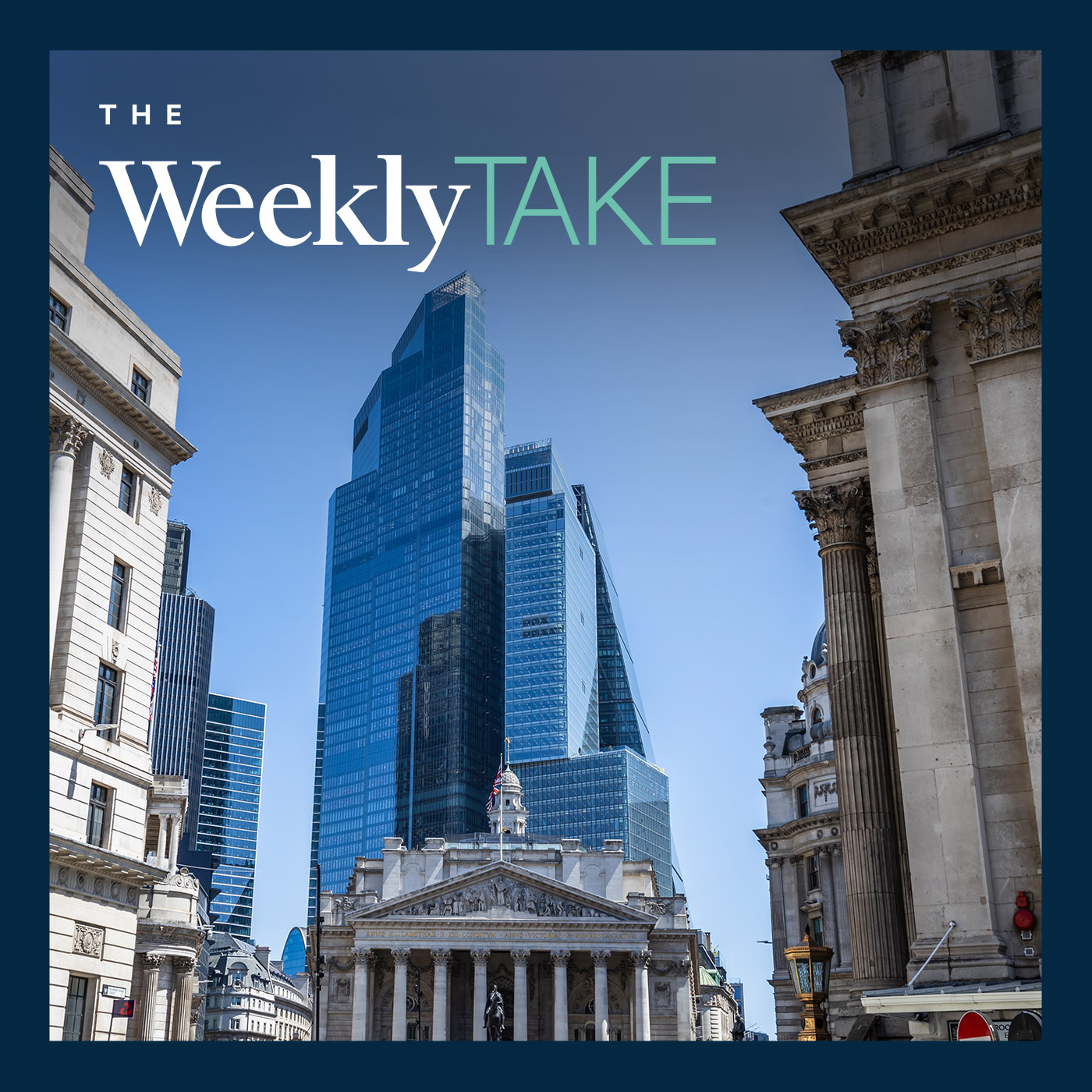

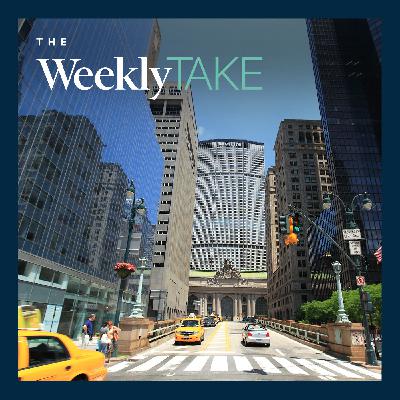



![Investment Opportunities in Industrial Outdoor Storage [Encore - 6.23.25] Investment Opportunities in Industrial Outdoor Storage [Encore - 6.23.25]](https://files.casted.us/8665fee1-9b18-4676-bc10-cb2d32979e4a.jpg)
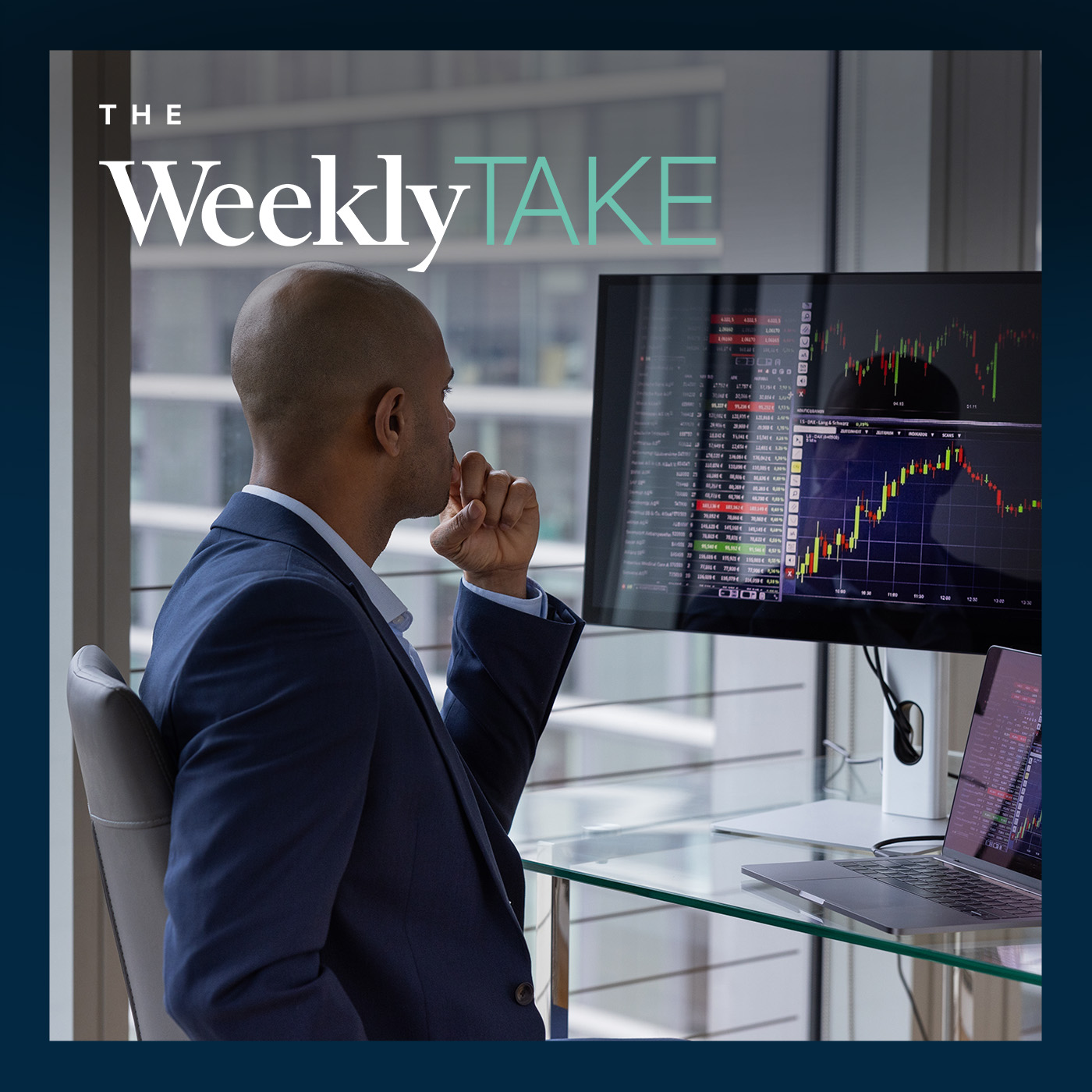
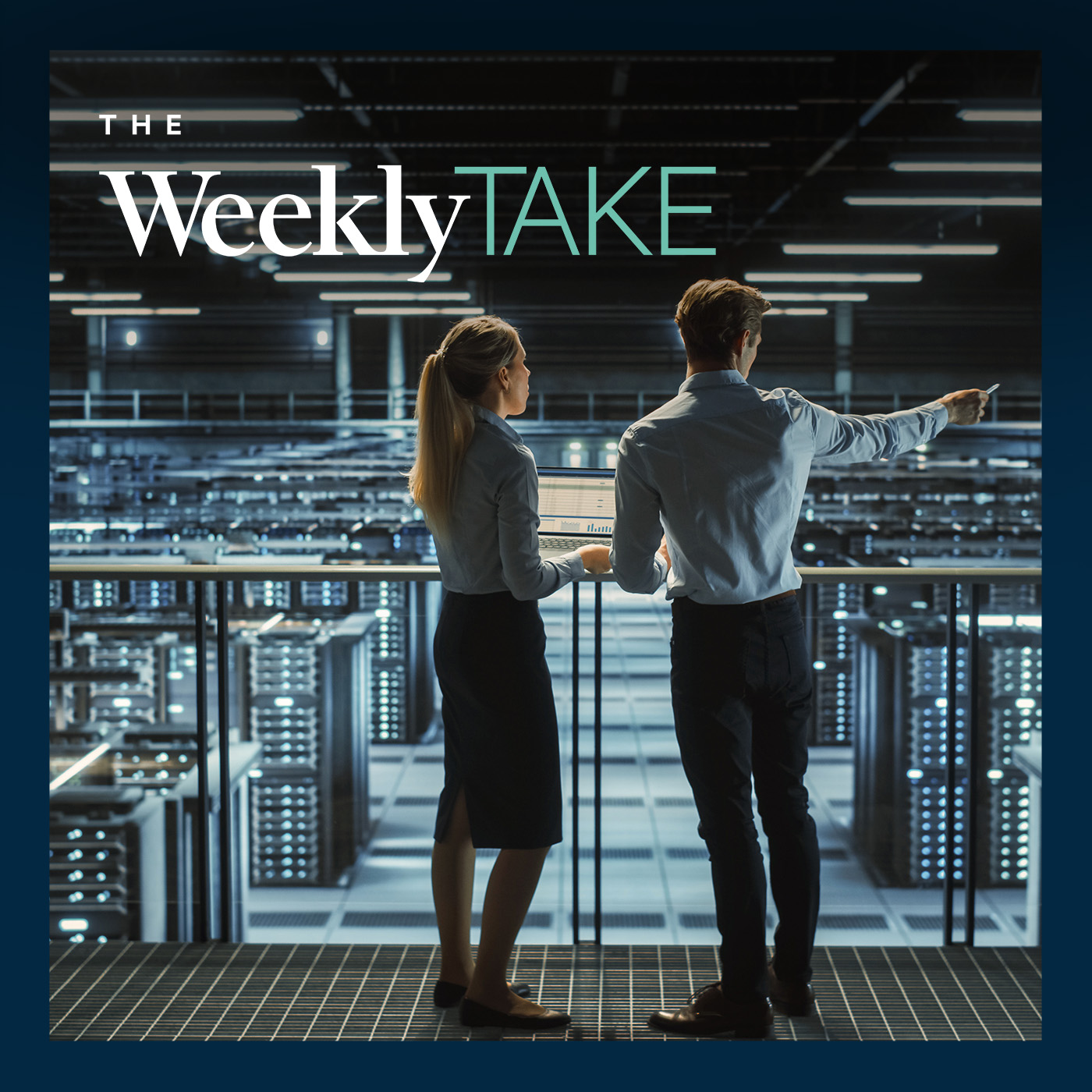
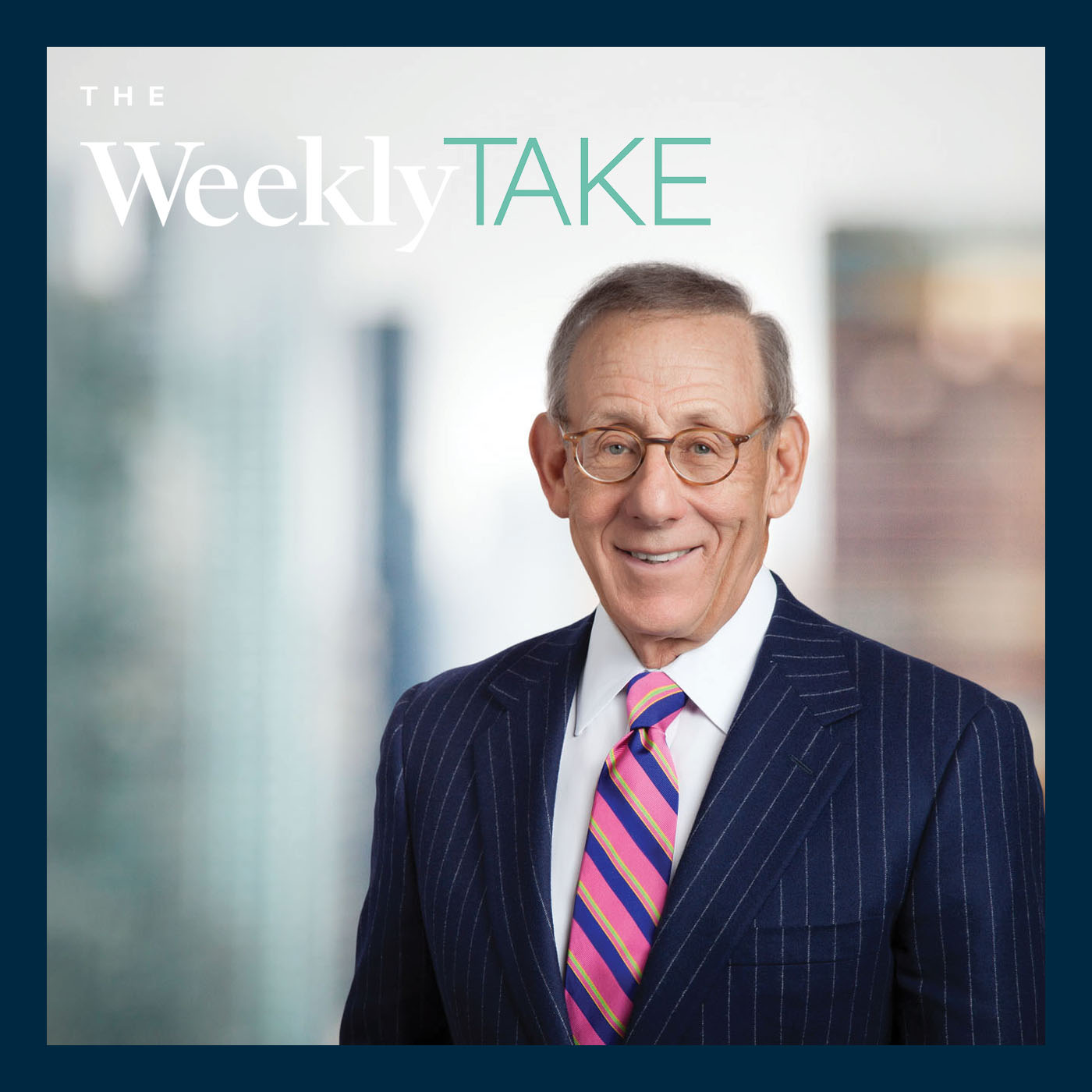


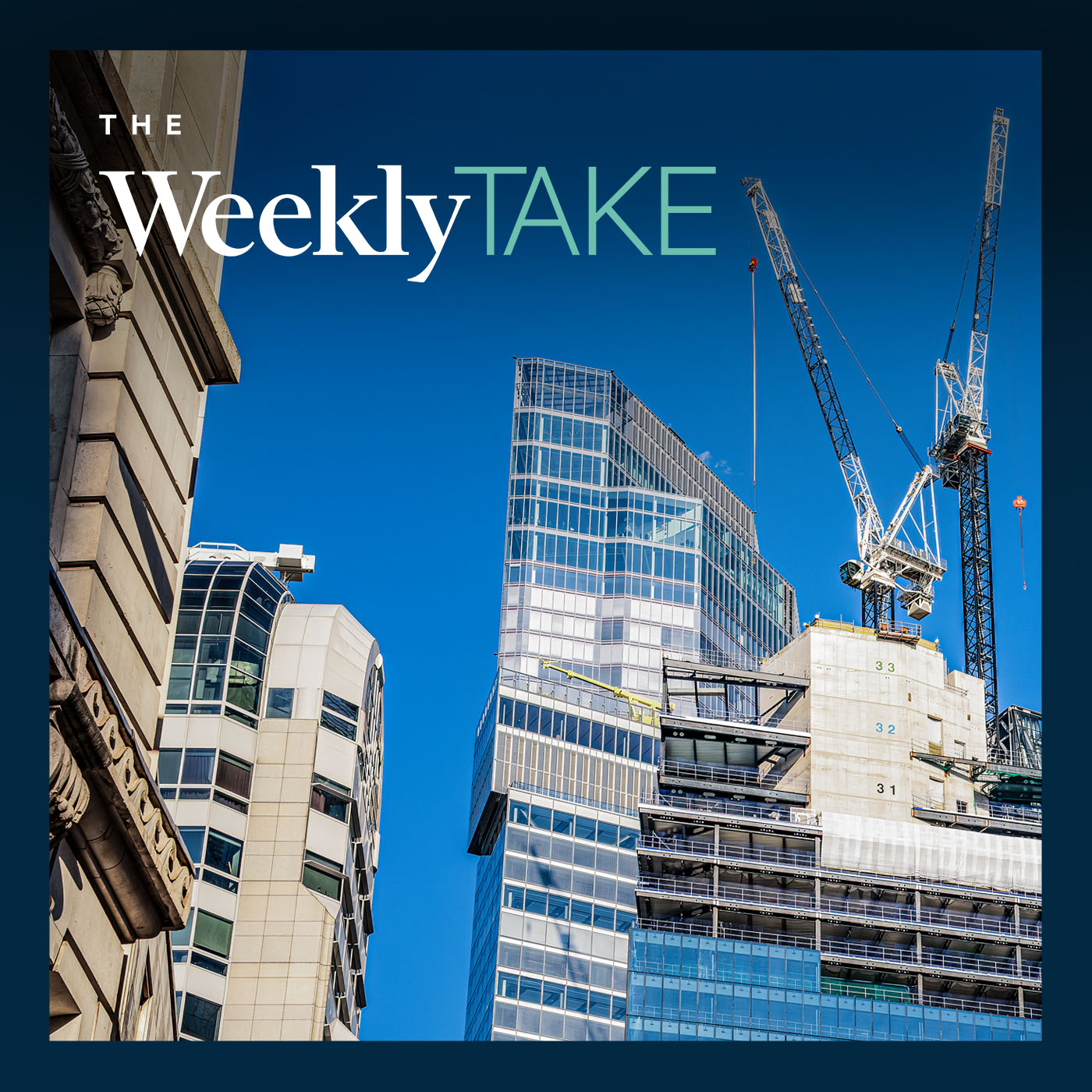







✅✅▶️▶️ CLICK HERE Full HD✅1080p✅ 4K✅ WATCH ✅💻📺📱👉https://co.fastmovies.org